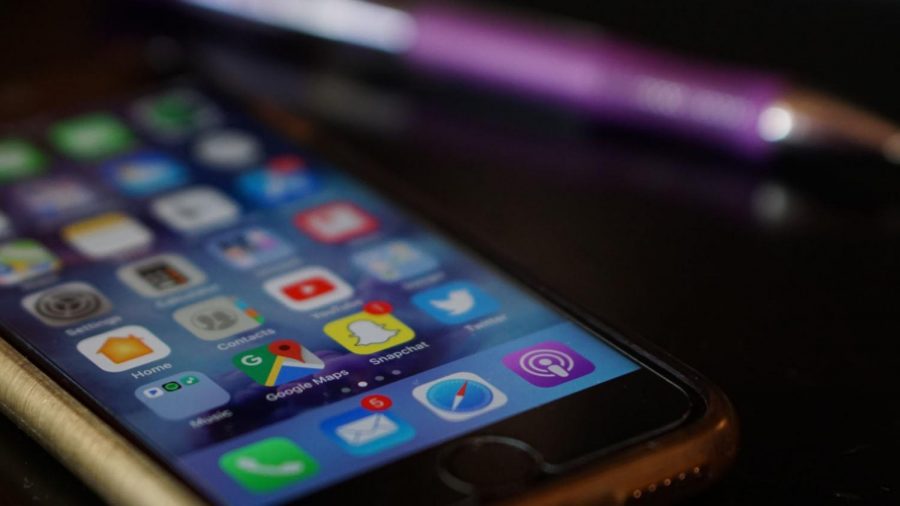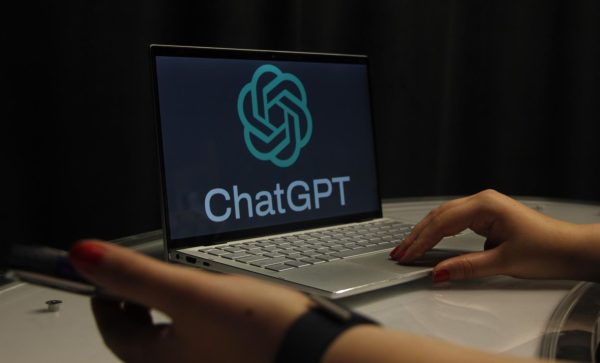Politics enters the age of the internet
The success of Alexandria Ocasio-Cortez signals a generation shift in political communication
In 1960, the Vice President of the United States took on a young, upstart Massachusetts Senator in a televised debate.
The story is famous. Over radio, listeners heard the political experience of the conservative movement’s most talented politician. But on television, Richard Nixon’s pale complexion and sweaty brow contrasted with the perfect tan and beaming smile of John F. Kennedy. The radio listeners said Nixon had won the debate, but TV viewers gave the victory to Kennedy.
By Election Day, nearly half of all voters said the debates had influenced their perception. Kennedy’s narrow win ushered in a new era of politics: never again would America elect a president who couldn’t command a televised audience.
I’ve been thinking about that debate often over the last few days, as I’ve watched Alexandria Ocasio-Cortez batter conservative politicians and intellectuals again and again on twitter.
In 2016, Donald Trump showed us just how powerful social media can be. But the reality is, he isn’t actually that great at it. His tweets are overly long, riddled with errors and occasionally incomprehensible. None of that matters though. All that’s important is that they’re authentically Trump.
Just like Franklin Roosevelt’s fireside chats or William Jennings Bryan’s Whistle Stop tours, Donald Trump has found a way to channel a populist energy, circumventing the traditional channels of communication to find a way to connect more directly with the public.
Now Alexandria Ocasio-Cortez has taken it a step further. Like Newt Gingrich putting on partisan performances for C-SPAN cameras until he built a movement, she has turned a media talent into a massive online presence, shifting her from a fringe newcomer to one of the most followed politicians in America.
There are a number of reasons for this. The first is specific to Ocasio-Cortez. She’s the perfect candidate for a young, online movement: unabashedly left wing, the youngest woman ever elected, a genuine working class populist, and a brilliant and charismatic campaigner for the ascendant DSA.
There’s also the reality that she’s simply the first. Ocasio-Cortez has tapped into a massive market of people who became interested in politics after the 2016 election and crave a sense of connection to their political class. Her Instagram updates and live-streams provide just that. No one has successfully attempted what she’s trying now. As a new generation of politicians moves in to power, we will see more elected officials who, like Ocasio-Cortez, where raised on the internet and understand it’s intricacies.
But the most important thing to note is the utter ineptitude of the people attacking her. In much the same way as Hillary Clinton’s campaign fundamentally misunderstood social media and how to use it, a collection of older, less savvy conservative politicians are trying to take on Ocasio-Cortez. And time after time, she strikes back, racking up more followers, gaining more praise, and become a more influential Democratic operative.
But while Donald Trump was an already important figure who used his social media to advance a successful campaign, Ocasio-Cortez has moved from the fringe to the mainstream mainly by virtue of her social media talent. Republicans have, in a sense, normalized and popularized the most radical Democrat in Congress by virtue of how ineffective their attacks on her have been.
I am typically unsympathetic to the idea that politics are altered in reaction to culture. The most effective way to hold political power, after all, is to be a powerful politician. Popularity is meaningless if you can’t channel that in to a broader political movement.
But I think Ocasio-Cortez’s social media success is different for two reasons. Firstly, I think this because of the absurd disparity between who is, and will be popular on Twitter, and who will hold power. In Congress, rank is linked to seniority. But online, the most popular and talented politicians will be the youngest, the most radical or unusual, and the most exciting. It is simply unsustainable for the most popular spokesmen of a party to be its least powerful members.
But secondly, and more importantly, social media is different from say, television influence in that it is more direct, and so popularity on it is a kind of power. It allows politicians to encourage real change, to shape individual narratives, to form a personal bond with their constituents in a way we’ve never seen before. By constantly humiliating conservative writers and thinkers online, Ocasio-Cortez is winning the battle of ideas. She is delegitimizing her opposition and mainstreaming leftism, shifting the Overton window one tweet at a time. Even more importantly, she is building a personal brand that transcends politics, and reaches out to traditionally apathetic or disengaged young people.
Politics are changing and if America’s politicians can’t change too, they may be left behind. But all hope is not lost for the Pelosi’s and Pence’s of the world. Just ask Richard Nixon, who turned his 1960 defeat into a triumphant 1968 campaign, complete with an appearance on the comedy sketch show Laugh In.
But until they can adapt to social media, expect to see a radical destabilization of American politics. New forms of communication lend themselves to a kind of radical democracy, an immediate communication uninhibited by focus groups or careful speechwriting. It’s a medium that favors the loudest, the most energetic, the most optimistic and the most aggressive. From a septuagenarian social conservative to a millennial who talks class war on Instagram livestreams, the future of American politics is going to be won online, whether the establishment is ready for it or not.
Your donation will support the student journalists of West Linn High School. Your contribution will allow us to continue to produce quality content by purchasing equipment, software, and continuing to host our website on School Newspapers Online (SNO).



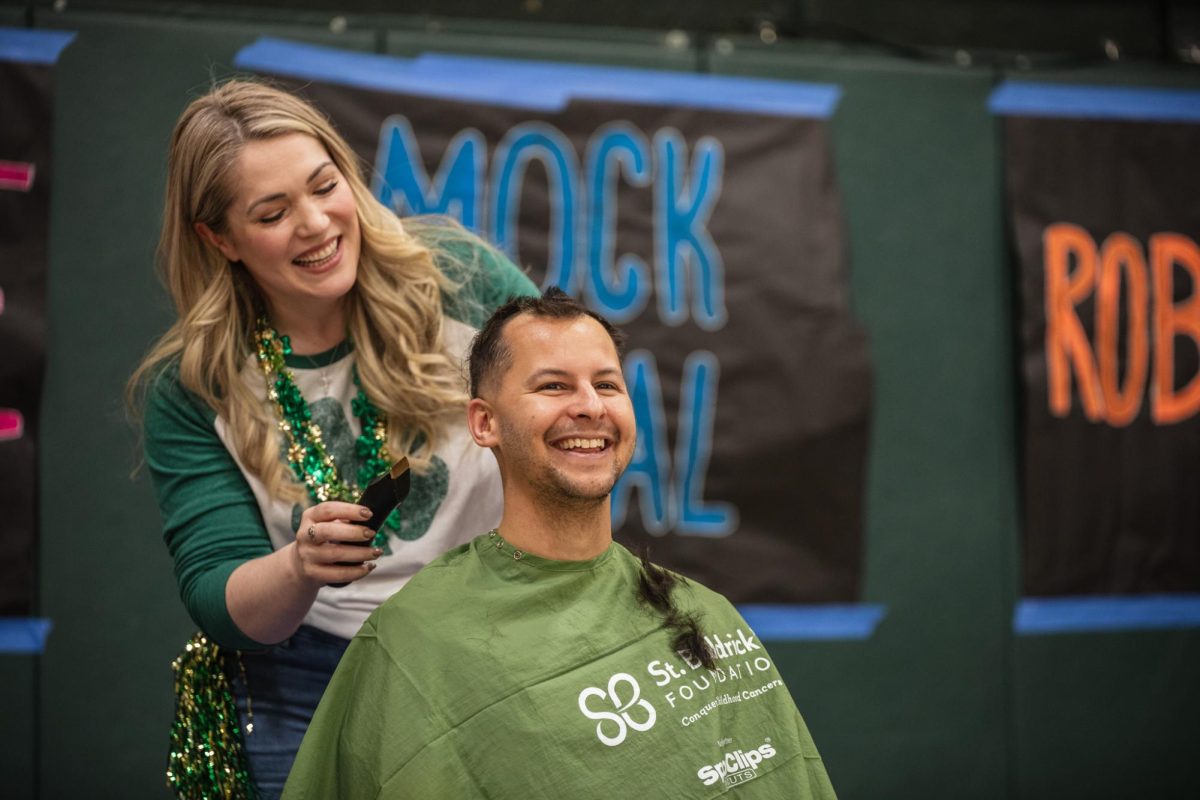
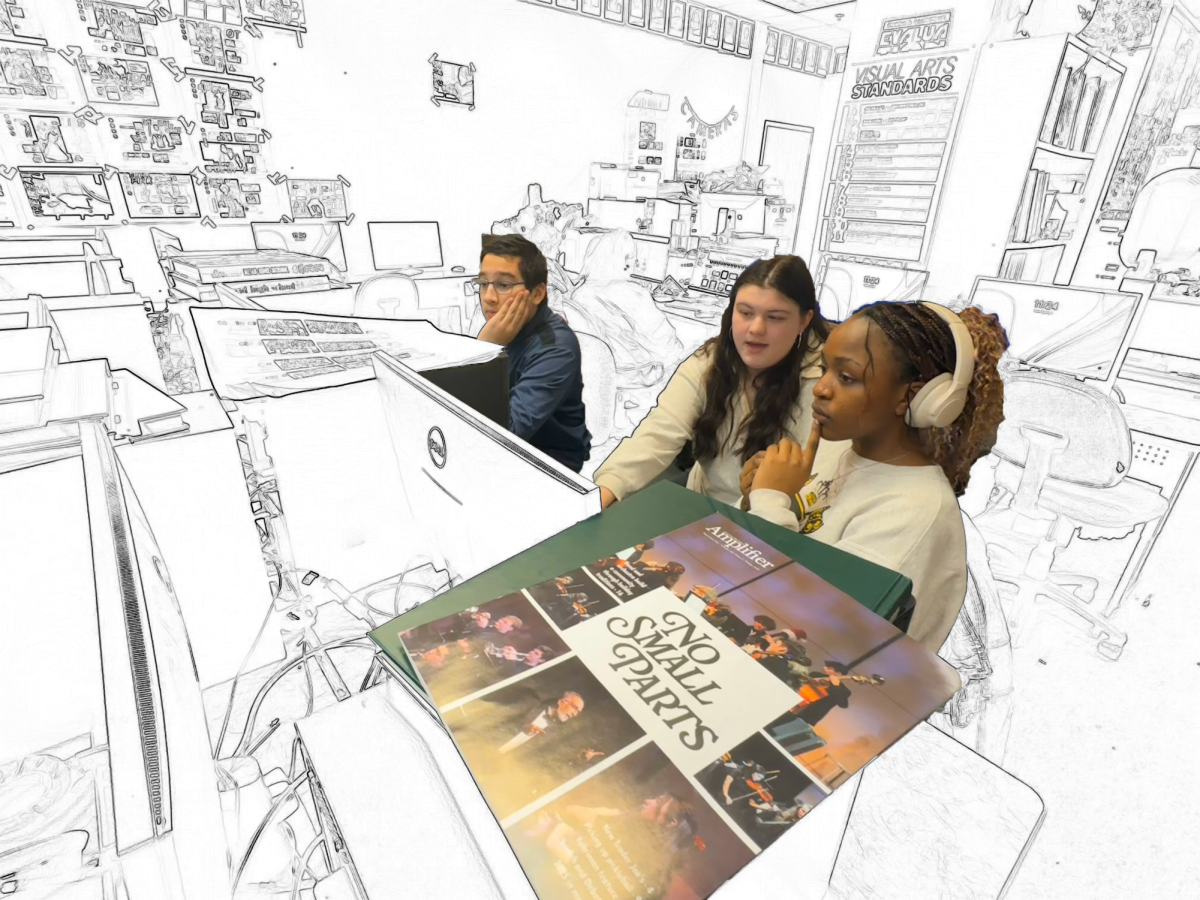


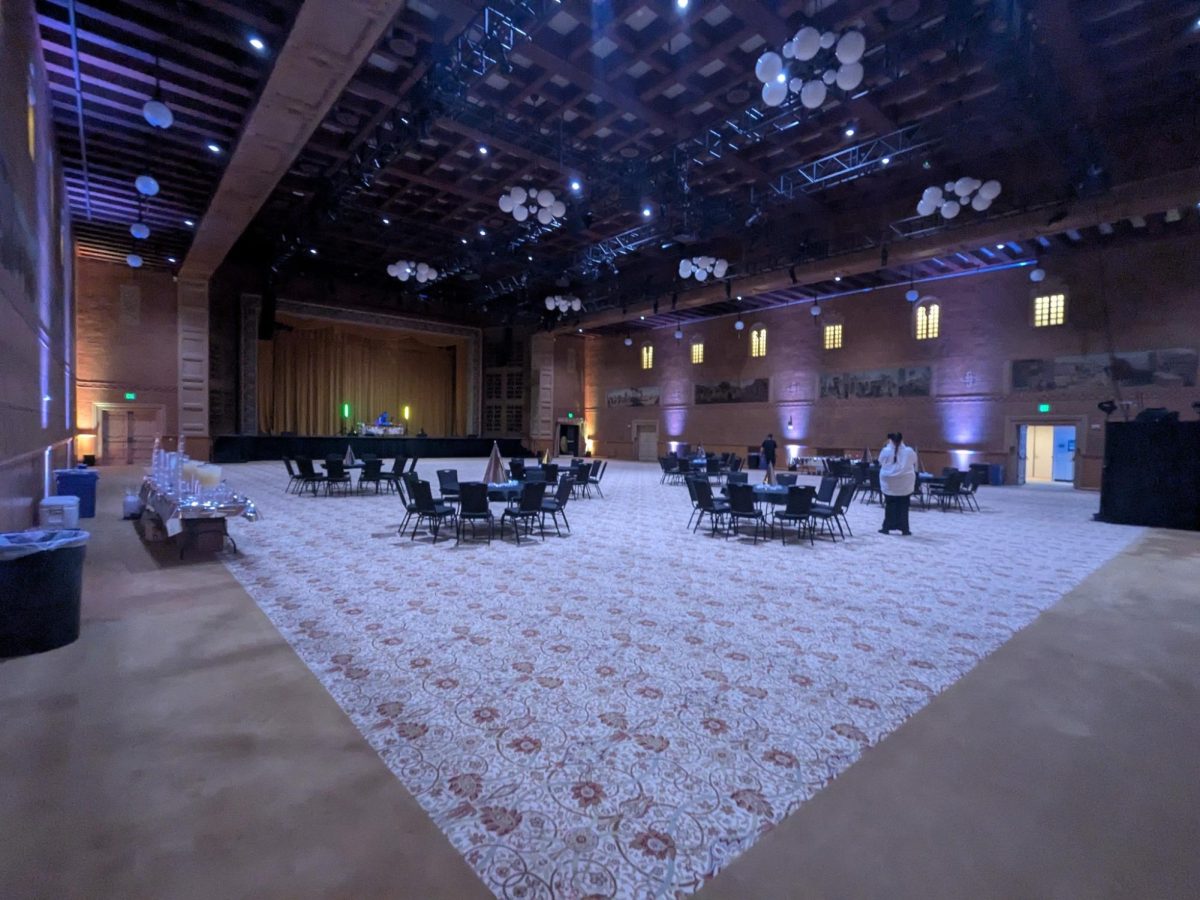



















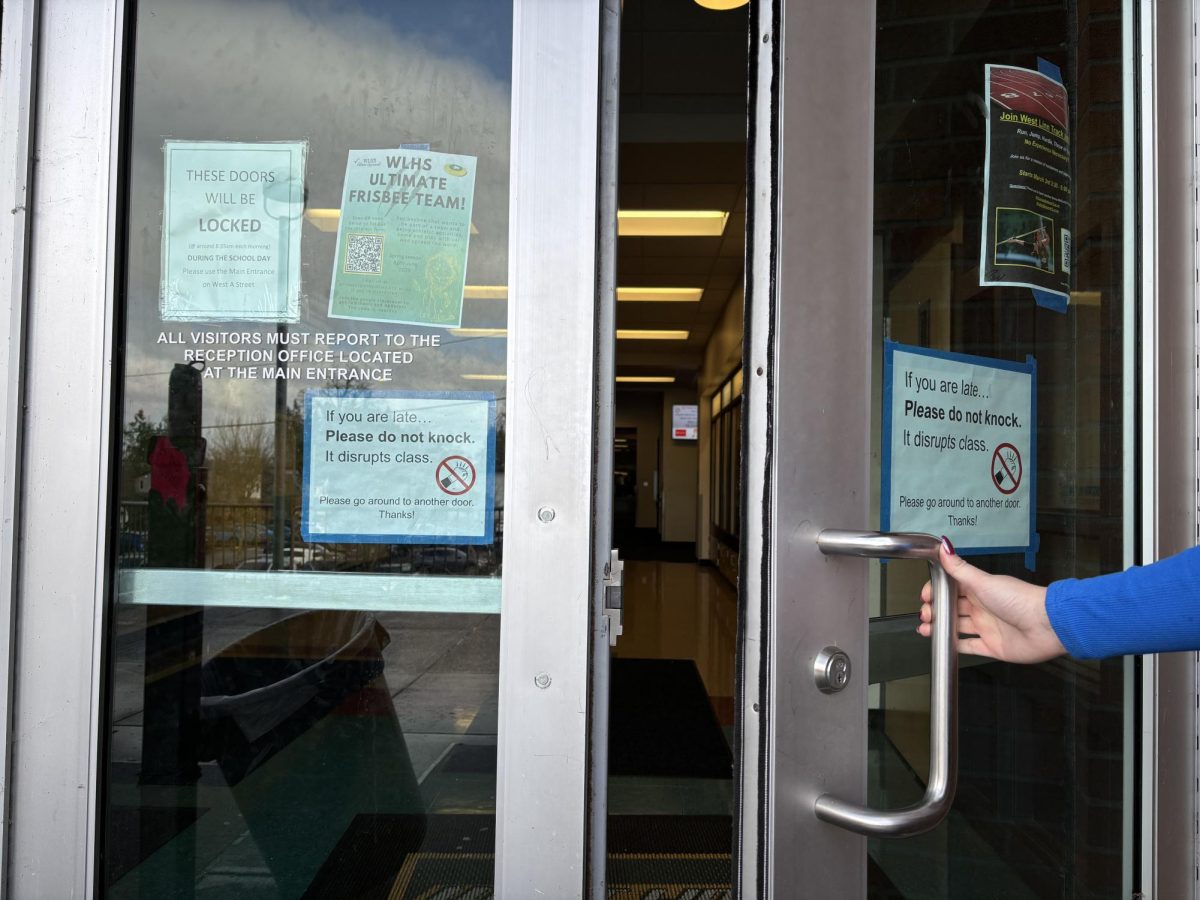

















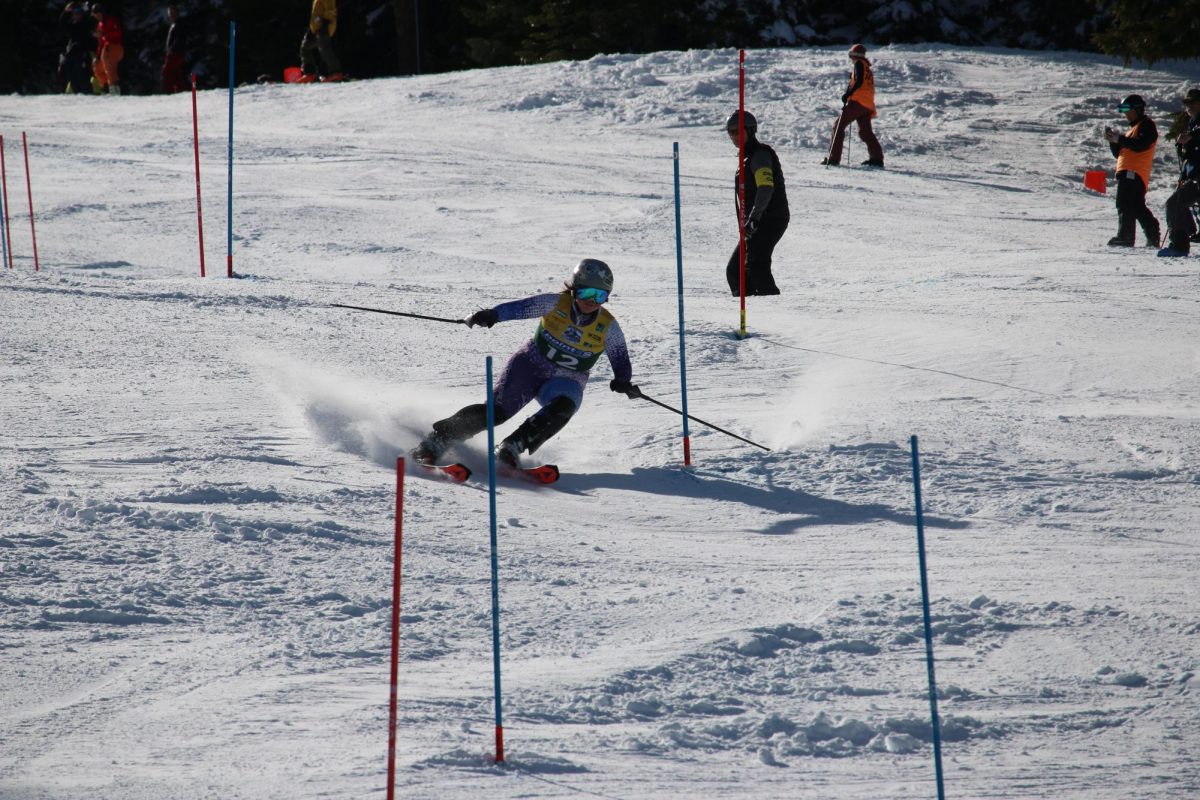







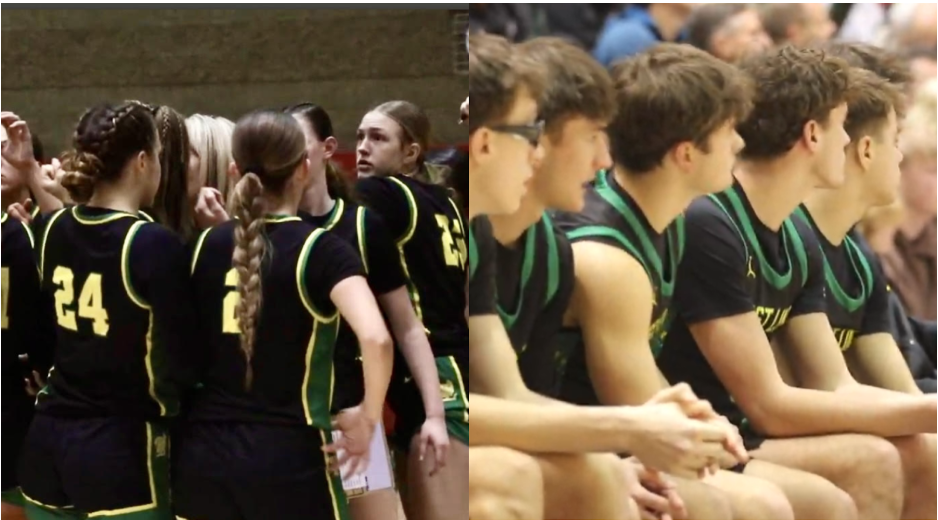
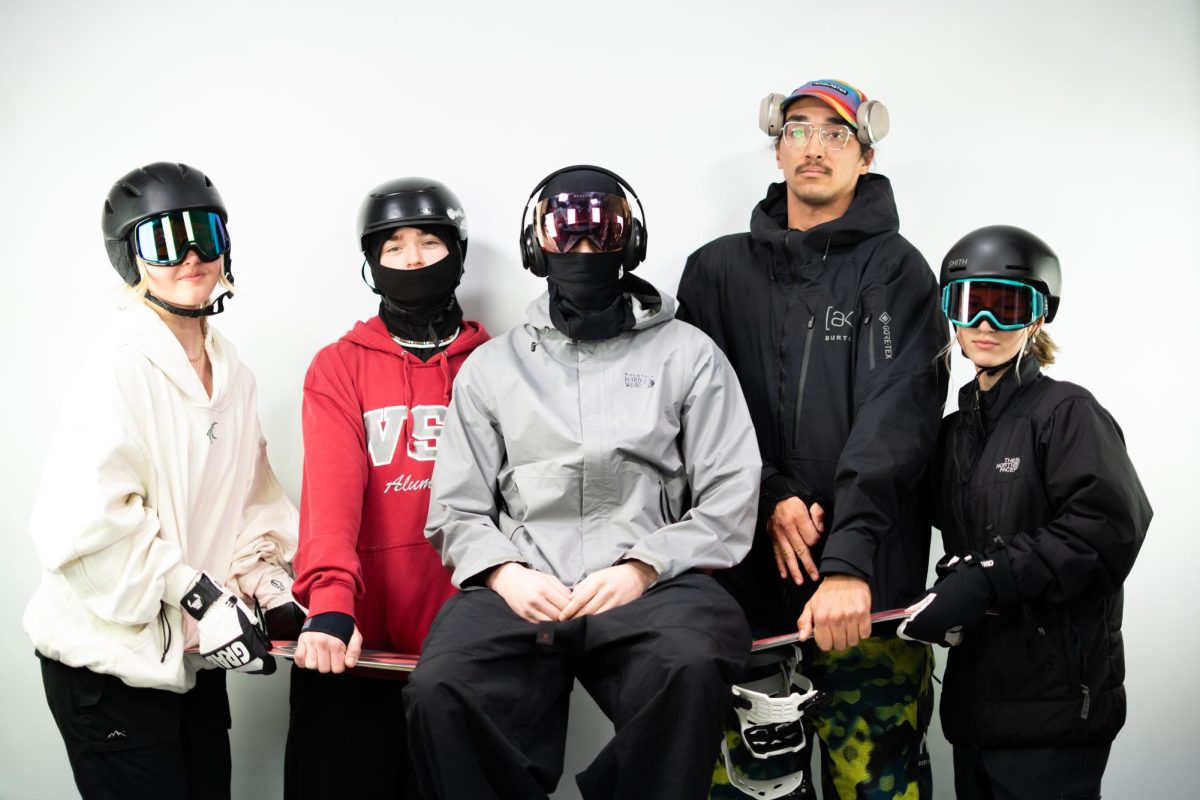
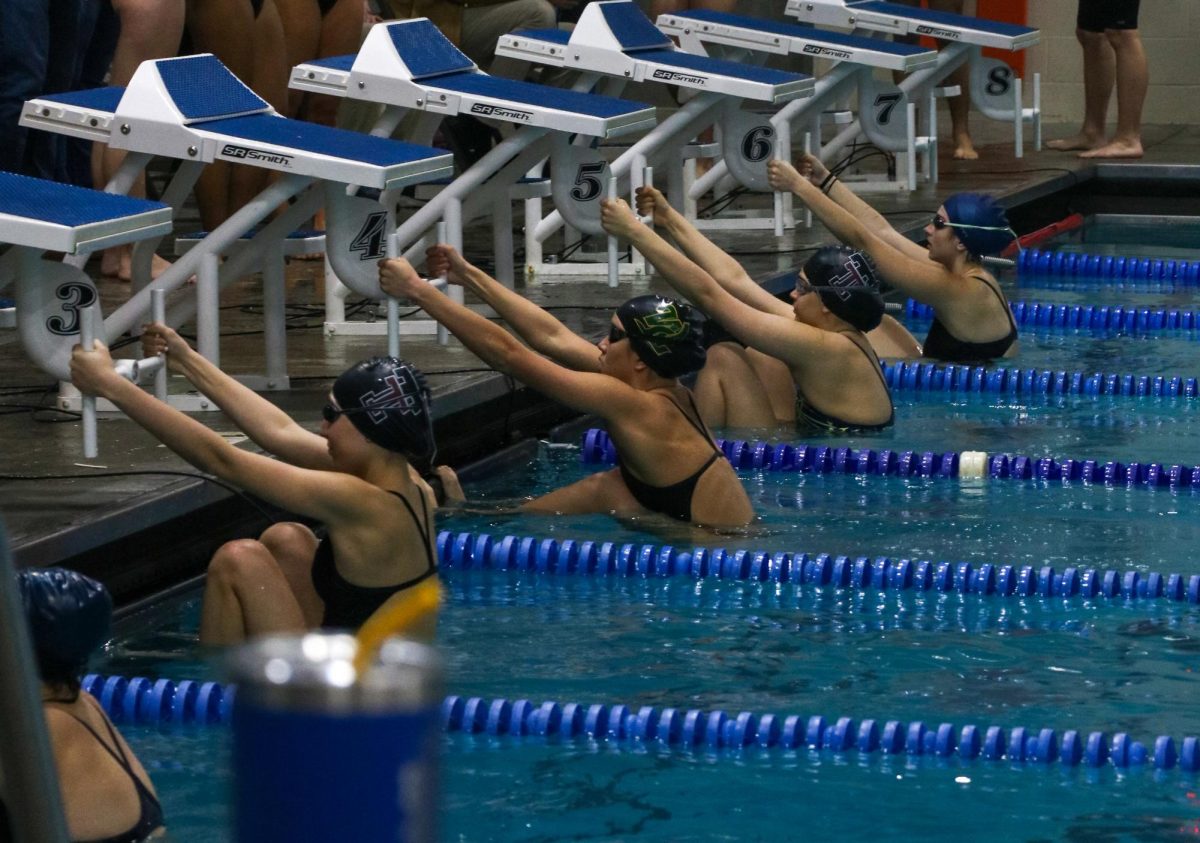



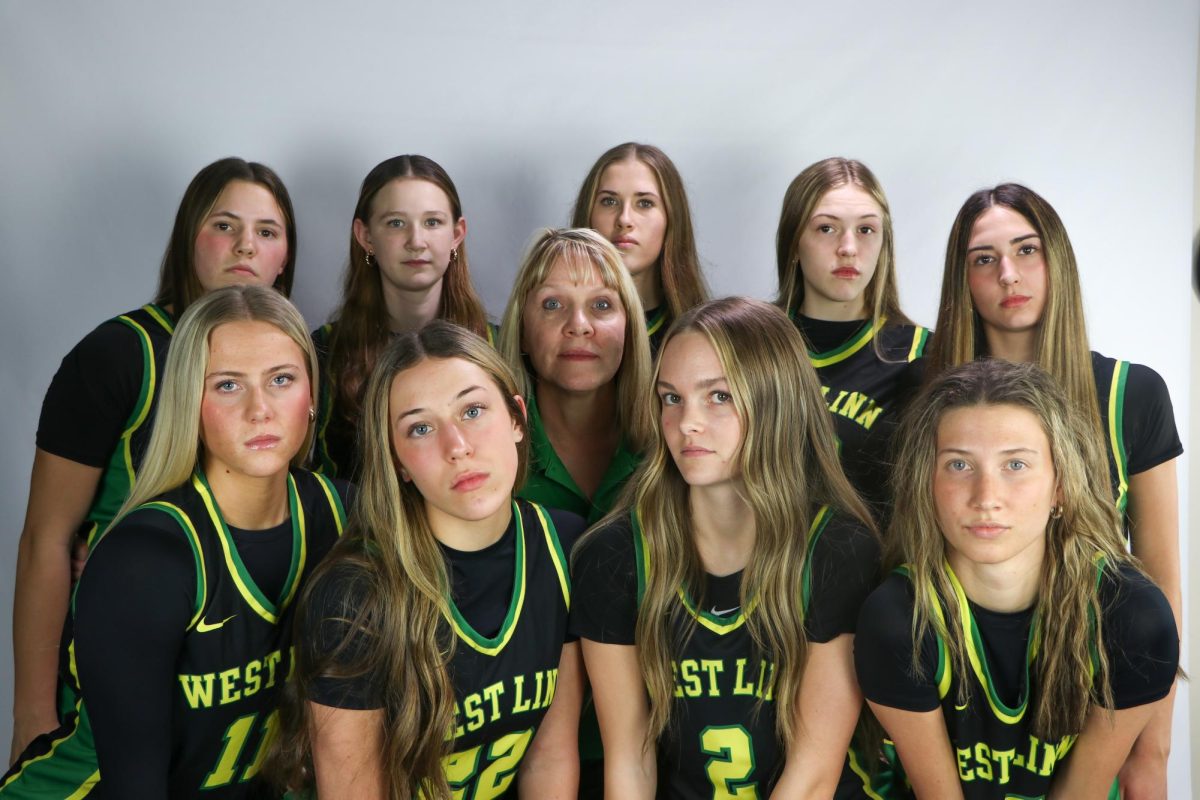
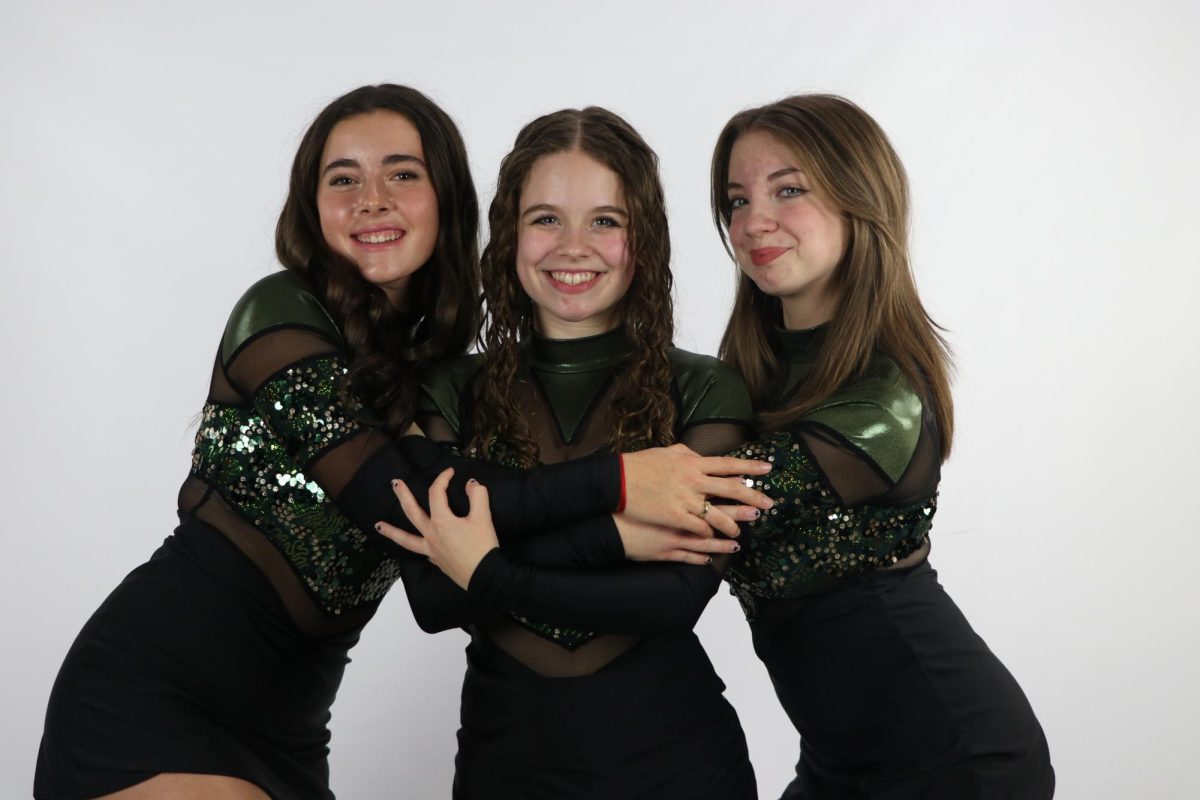

















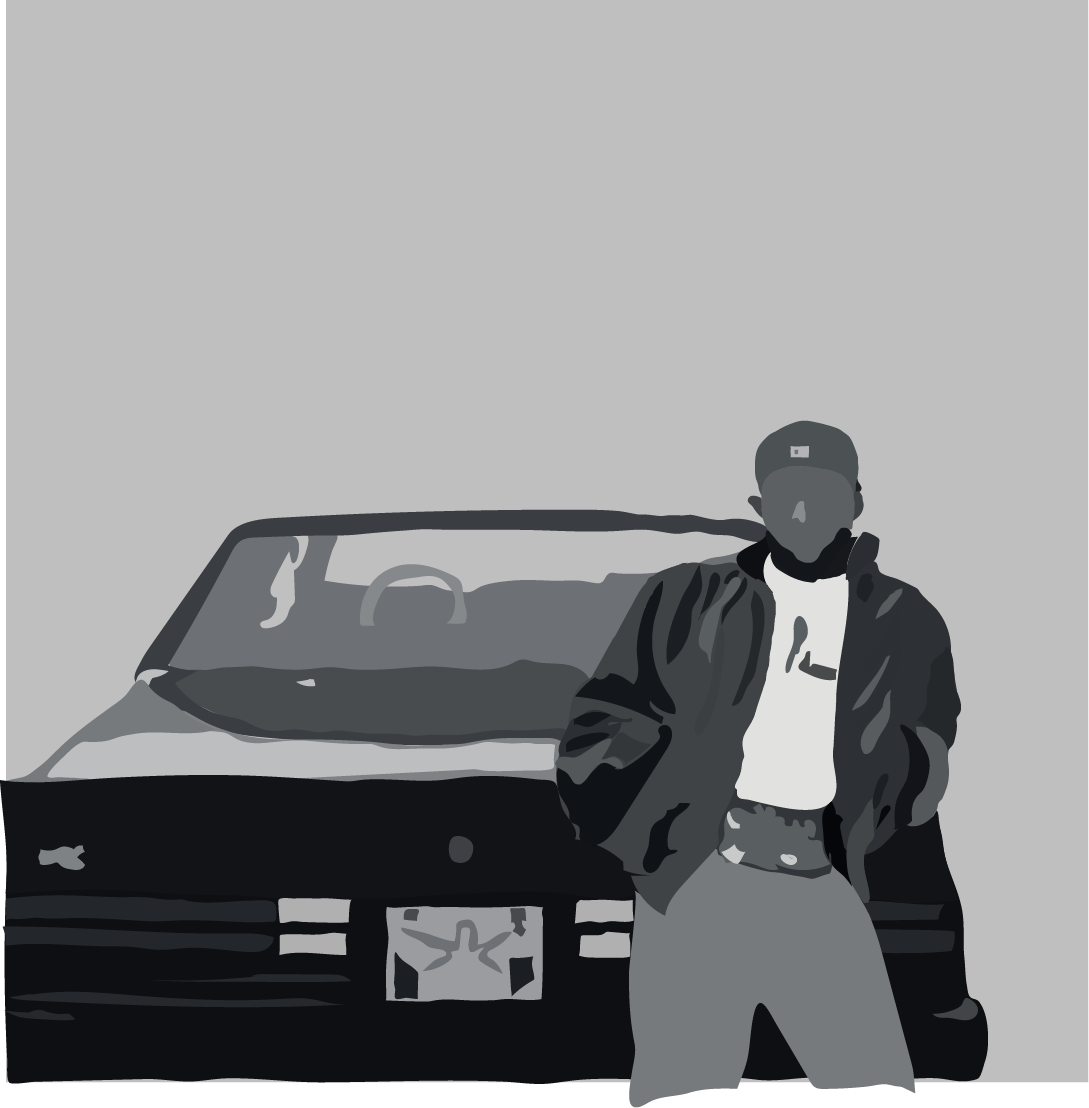
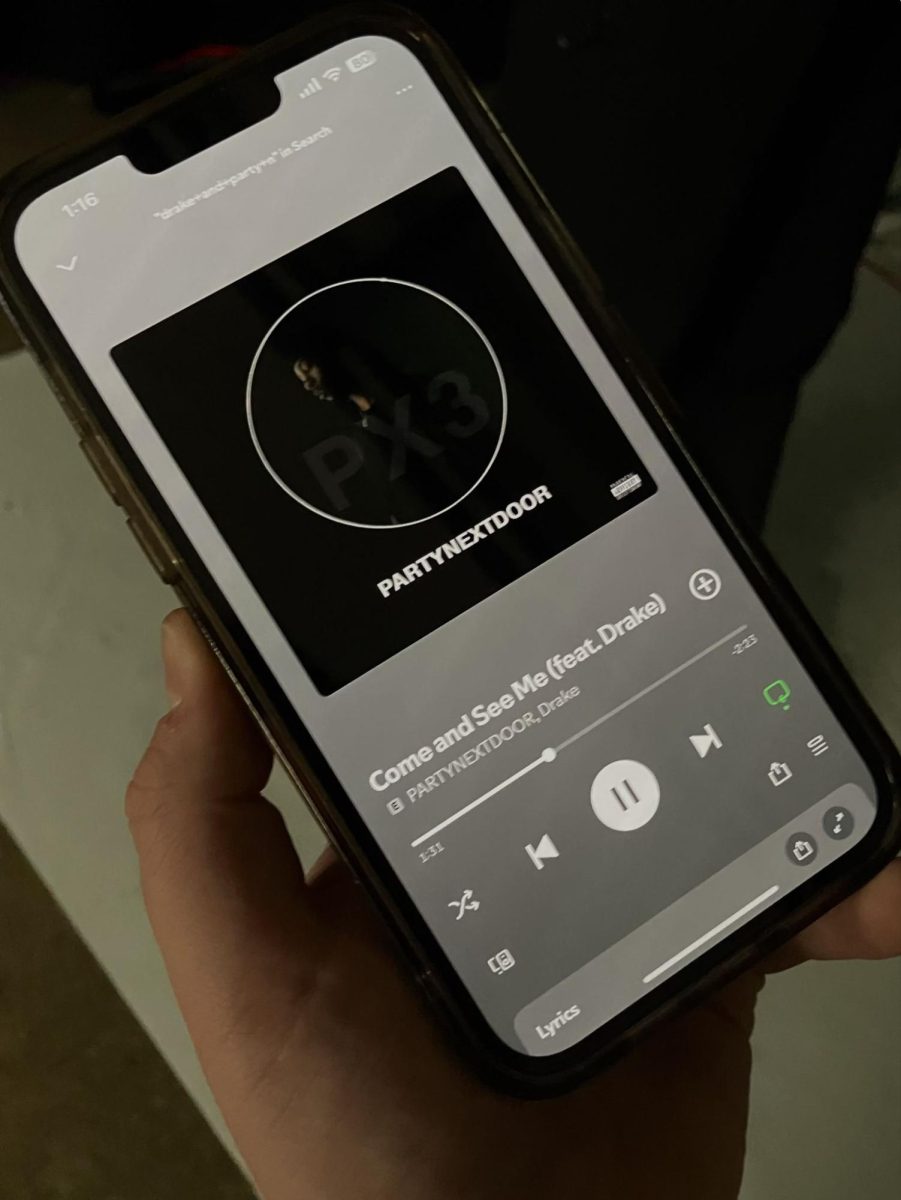
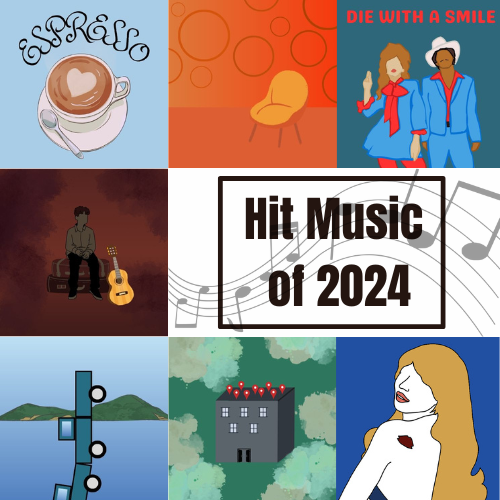










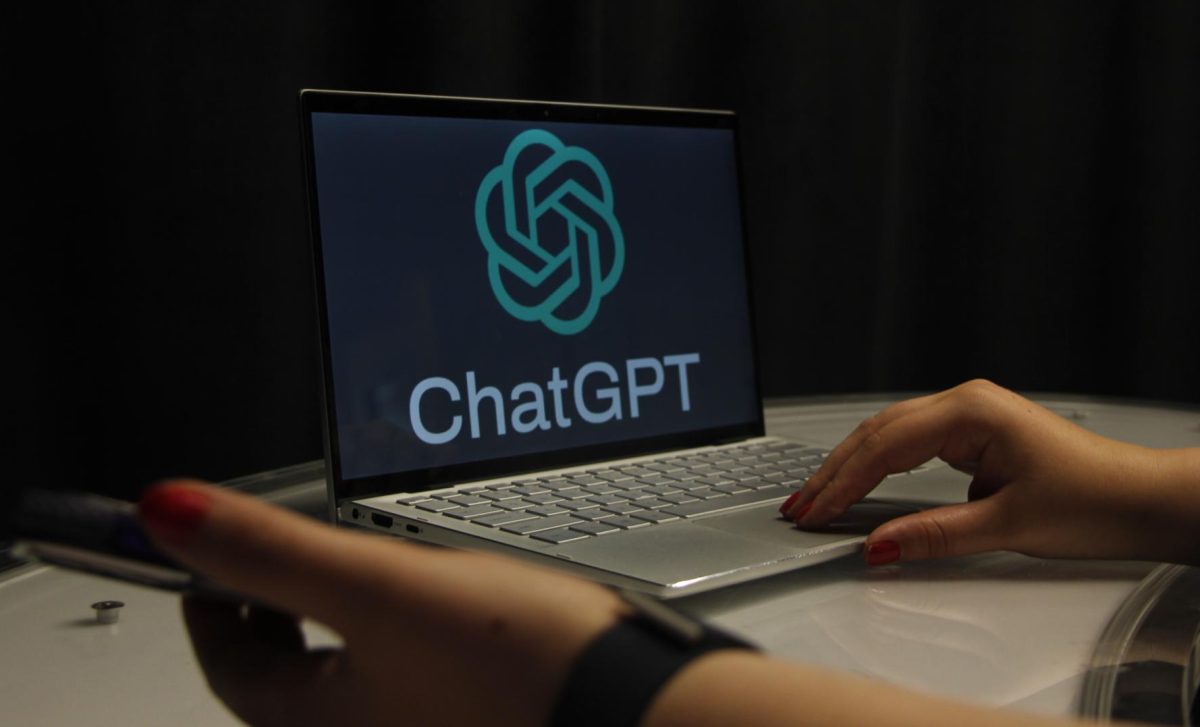






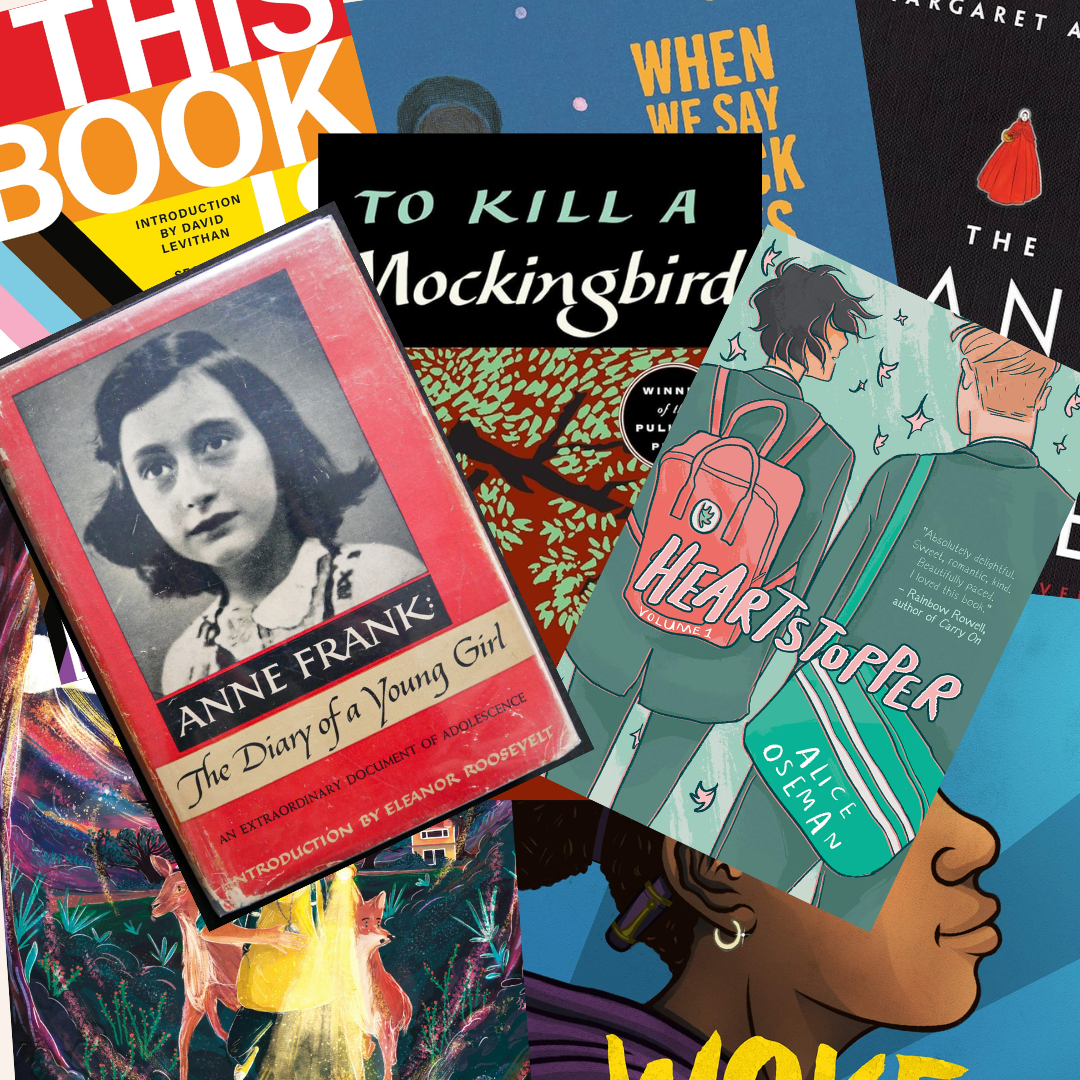


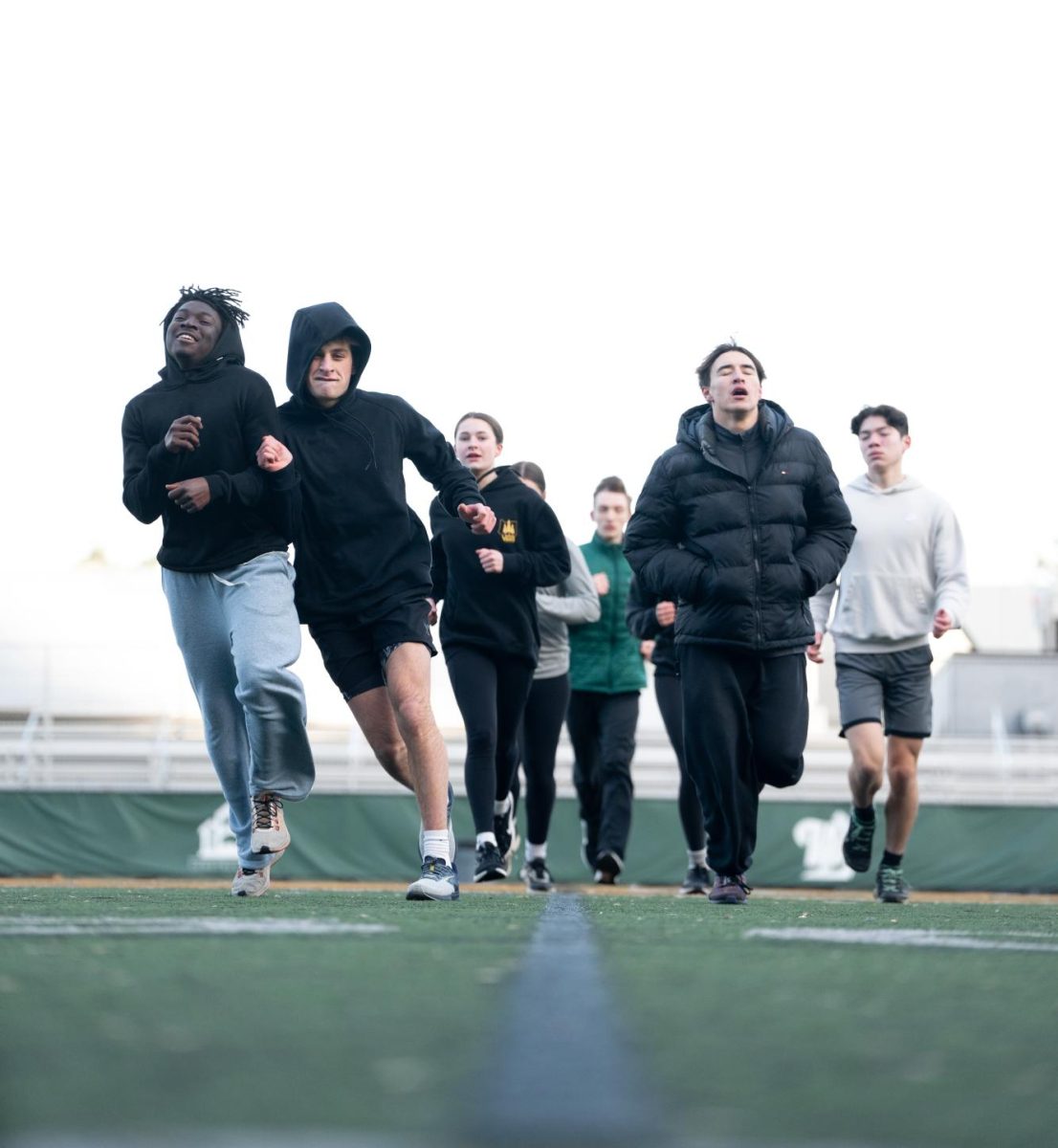





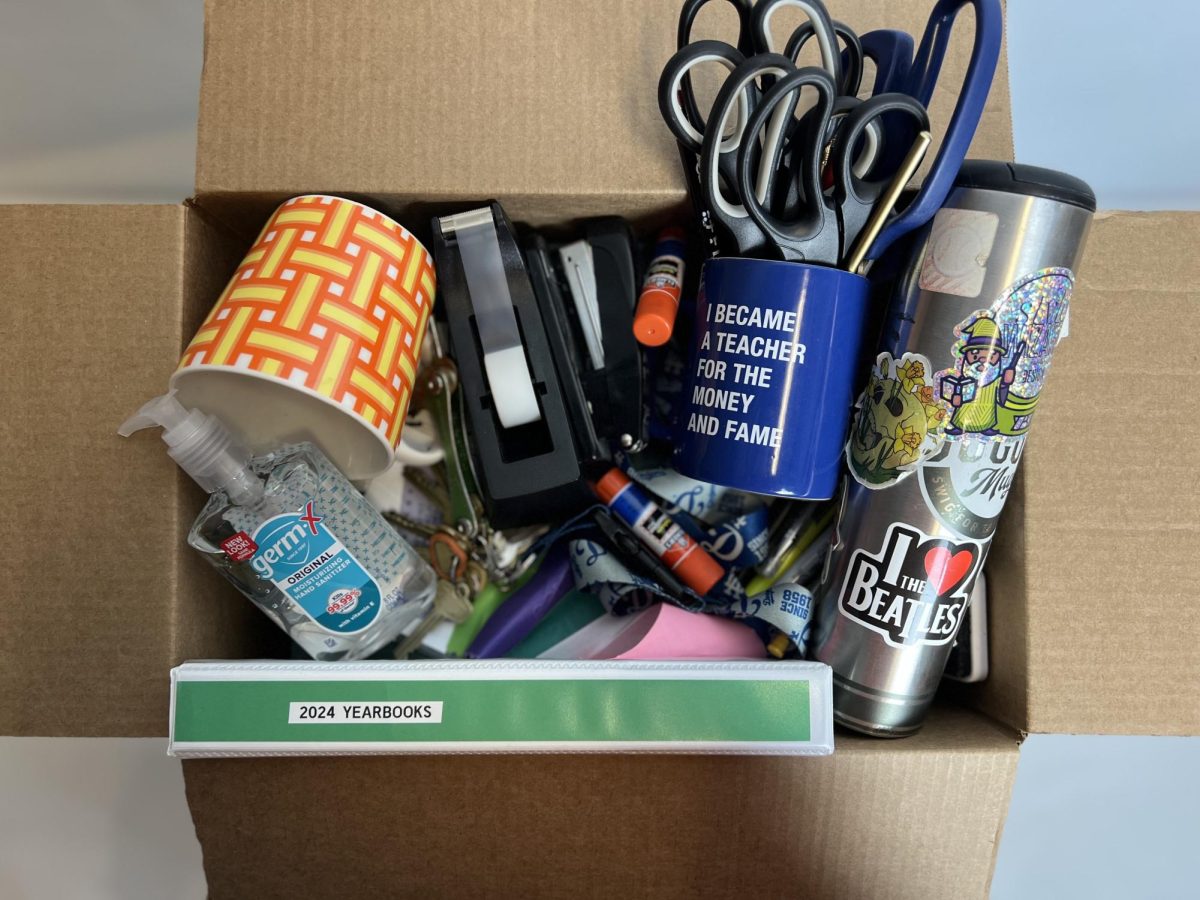
![Reaching out. Christopher Lesh, student at Central Catholic High School, serves ice cream during the event on March 2, 2025, at the Portland waterfront. Central Catholic was just one of the schools that sent student volunteers out to cook, prepare, dish, and serve food. Interact club’s co-president Rachel Gerber, junior, plated the food during the event. “I like how direct the contact is,” Gerber said. “You’re there [and] you’re just doing something good. It’s simple, it’s easy, you can feel good about it.”](https://wlhsnow.com/wp-content/uploads/2025/03/interact-1-edited-1200x744.jpg)


